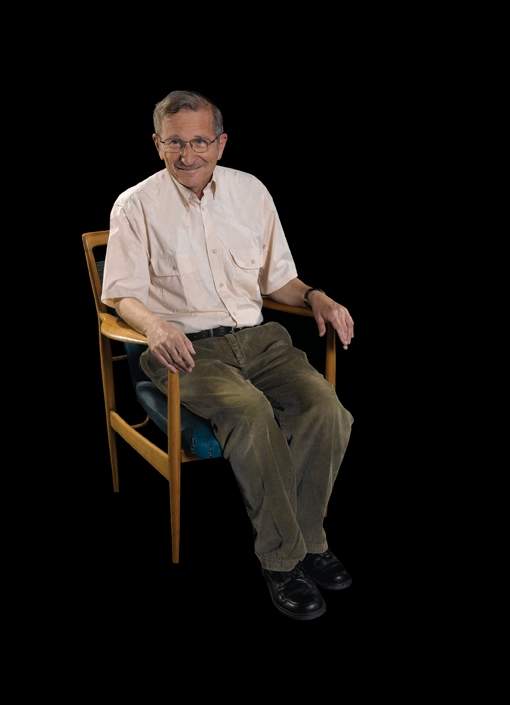Are you a journalist? Please sign up here for our press releases
Subscribe to our monthly newsletter:

Prof. Yakar Kannai: "I work at the interface between abstract mathematics and everyday reality. I expect to find ever more ways of using mathematics to contribute to an understanding of the real world, to benefit humankind."
"Mathematics," says Prof. Yakar Kannai of the Weizmann Institute's Mathematics Department, "is like a long ladder that reaches from the ground to outer space and then brings one back down to earth. The problems mathematicians address originate in the real world. After we work on them in the abstract sphere of theoretical models, we can sometimes bring the insights we've achieved back to the ground level of everyday reality, aiding in the development of practical tools and solutions."
An example of a real-world problem: In the world of trade, unlike in the accepted economic model, there are goods for which demand actually goes up when the price rises. This paradox is called the "Giffen effect" (after the 19th-century British economist Sir Robert Giffen), and it takes place unrelated to either the prestige value of an item or its quality. Kannai researches a mathematical model that predicts how likely it is that the Giffen effect will occur for a particular commodity.
Another of Kannai's discoveries relates to asthma. He found that an increase in the frequency and severity of asthma attacks was linked to sharp fluctuations in air temperature (more precisely, in the air heat content). An analysis of data from 8,650 patients with chronic respiratory problems showed a correlation between attacks and certain meteorological conditions. These studies could help doctors to predict when asthma attacks are more likely to occur and even to adjust medications to better prevent attacks in some cases.
Prof. Yakar Kannai is the incumbent of the Erica and Ludwig Jesselson Chair of Theoretical Mathematics.